- A new study found that when it comes to building strength and endurance, performing a single set of exercises to failure can be as effective as completing multiple sets.
- Based on the study, this 13-minute full-body dumbbell workout allows you to efficiently get results without clocking serious time in the gym. You can do it at home, with minimal equipment.
- Do this dumbbell workout two to three times a week, giving your muscles 48 hours to recover in between.
If you’re looking to get strong in a hurry, you can’t beat this 13-minute full-body dumbbell workout. The format takes advantage of new evidence that doing single sets of seven exercises improves strength and muscular endurance as effectively as three to five sets of the same moves. The catch: You have to perform each set to complete failure.
“One of the greatest things to come out of this study is that it suggests there’s a difference between strength and hypertrophy (the size of your muscles). You don’t have to do as [many reps] as previously thought to get stronger, but you do you have to work really hard,” says Julie Read, a certified personal trainer in Philadelphia.
While the study’s workout involved barbells and machines, Read designed this dumbbell version to save you a trip to the gym. Including rest and transition time between exercises, the full-body workout should take about 13 minutes to complete.
How to perform this workout
Choose a weight for each move that will lead to muscular failure within the 8 to 12 rep range. You should not be able to perform another rep without having to put the weight down. At the end of each set, you may feel a little shaky, as your nervous system will be very fatigued. This may take some trial and error, so adjust as necessary for future workouts.
Perform one set to failure of each exercise, resting for 45 to 90 seconds between moves. Allow time to recover and reconnect with the next exercise. Read designed this dumbbell workout alternating between upper and lower body moves. “You want your muscles to be as fresh as possible so you can go as heavy as you can with each exercise.”
Do this dumbbell workout three days a week with at least 48 hours of rest between workouts, for maximum benefits. “I think there is a minimum effective dose you have to work your body at,” she says. However, you also want to allow sufficient recovery time between training sessions, Read adds.
13-minute full-body dumbbell workout
Warm-up
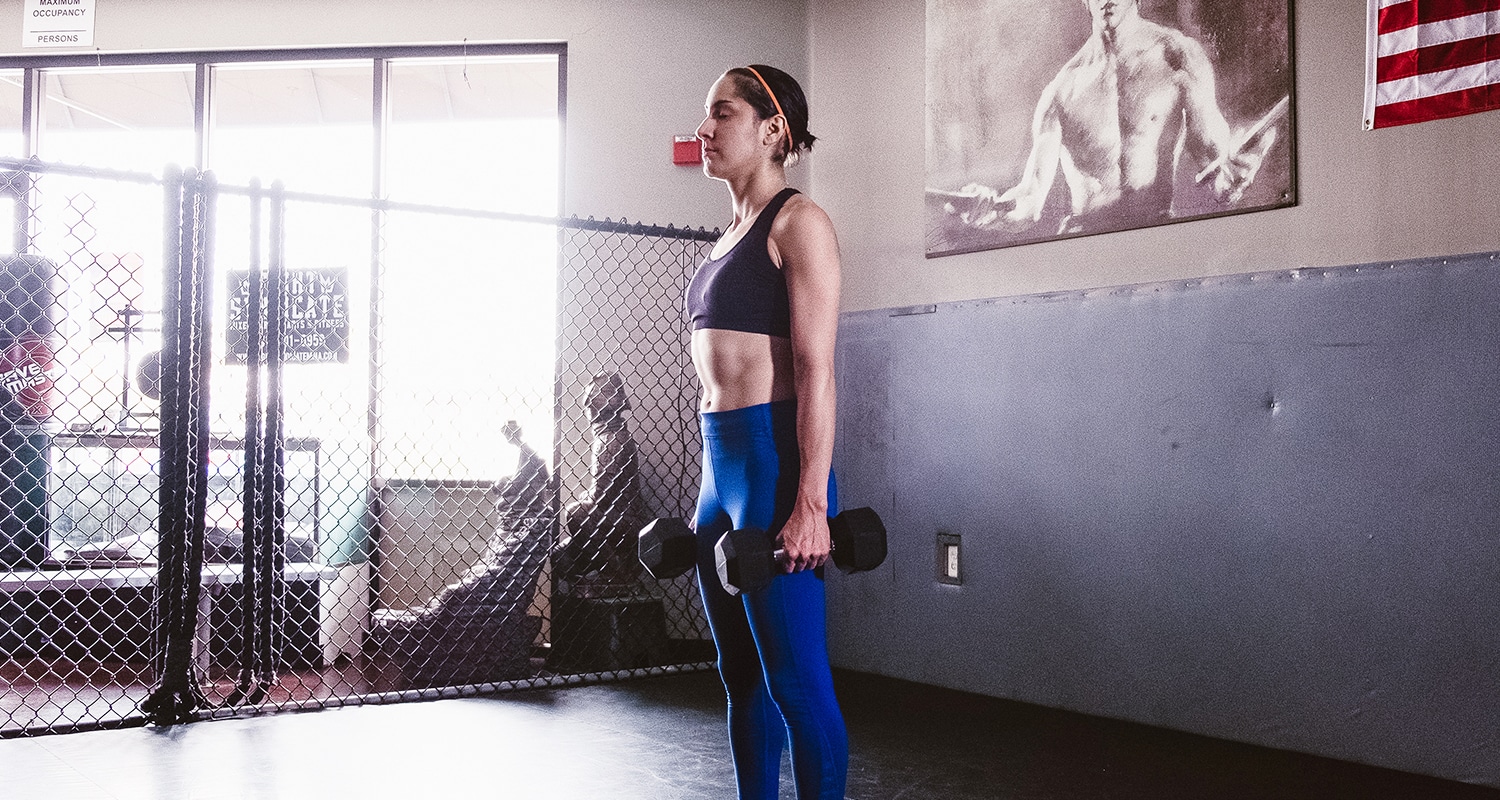 Never lift heavy weights without warming up first. Use your warm-up to prepare for the movements in the dumbbell workout and determine the weight you’ll be lifting. For your warm-up, perform two light sets of each workout move in a circuit format.
Never lift heavy weights without warming up first. Use your warm-up to prepare for the movements in the dumbbell workout and determine the weight you’ll be lifting. For your warm-up, perform two light sets of each workout move in a circuit format.
Goblet squat
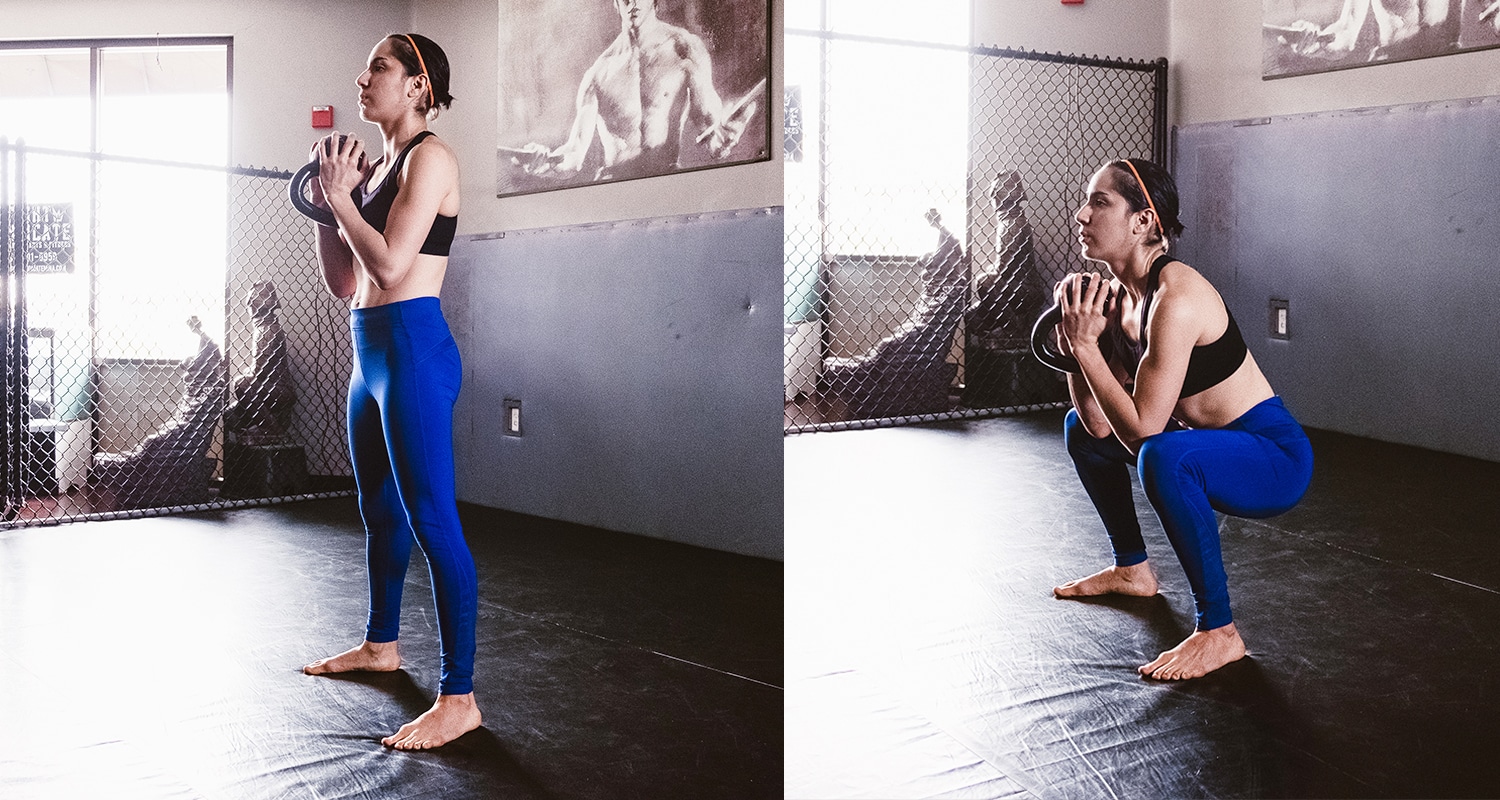
- Stand with feet at shoulder width, holding a dumbbell at your chest.
- Inhale as you bend your knees and sink your hips between your feet to lower into a squat. Aim for your hips to come as low as your knees and avoid tucking your tailbone. Do not let knees extend past your toes.
- Exhale and drive through your heels to rise to standing.
- Perform 8 to 12 reps, stopping when you can no longer complete another rep in good form.
Make it harder: Pause for 5 seconds at the bottom of each rep.
Pull-up
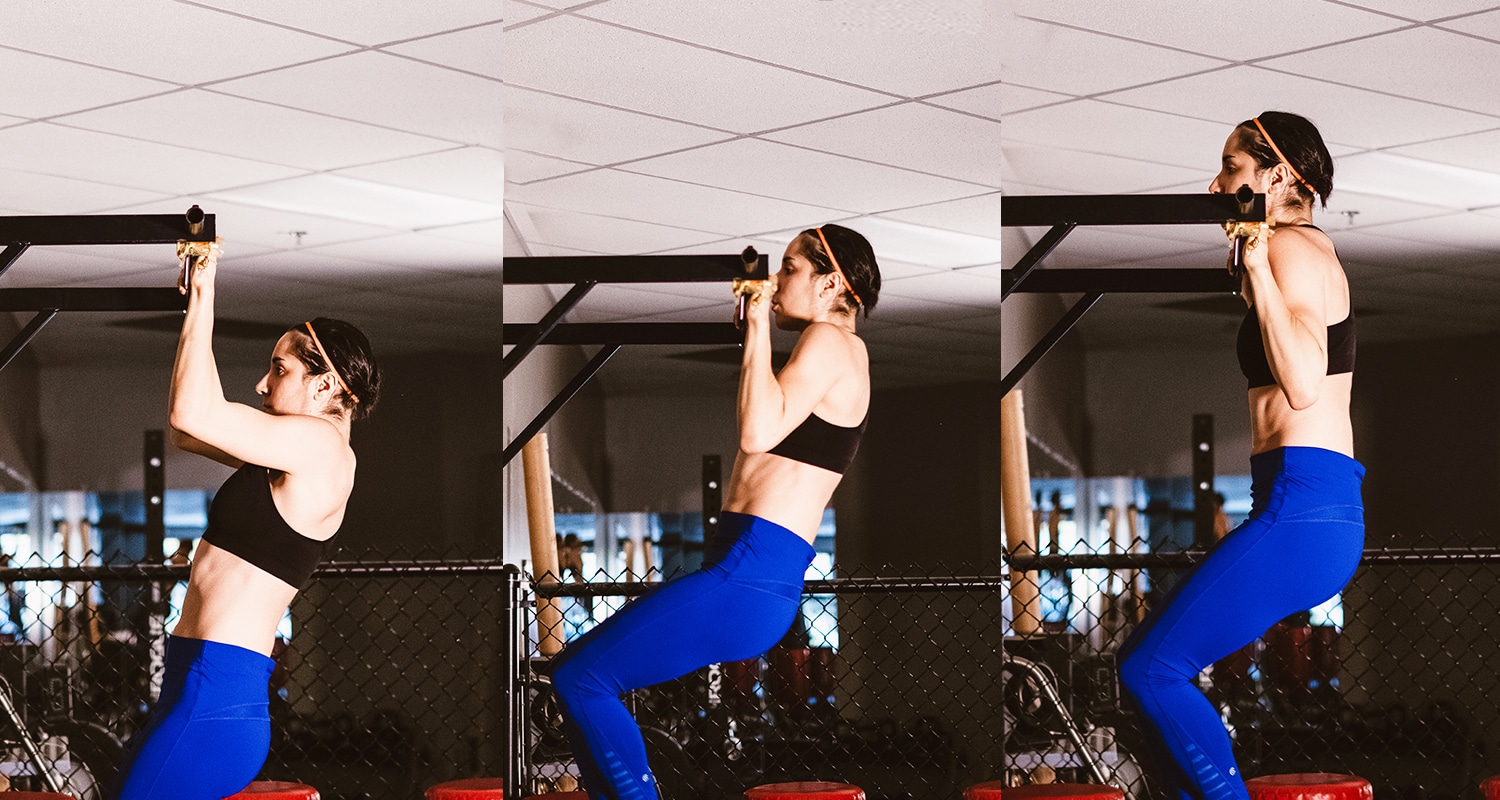
- Grasp a pull-up bar with a slightly wider than shoulder-width grip and palms facing away from you. Lift your feet off the ground to hang from the bar.
- Exhale and pull yourself up until your chin is above the bar. Pause briefly.
- Inhale as you lower yourself down until your arms are straight.
- Perform 8 to 12 reps, stopping when you can no longer complete another rep in good form.
Make it easier: If you fatigue before reaching 8 reps, jump or use a box to start with your chin at the top of the pull-up bar. Then slowly lower yourself down to a hanging position. Use this strategy to complete the remainder of 8 reps. If you can’t do an unassisted pull-up, use this method to perform individual reps until failure.
Make it harder: For each pull-up, lower yourself down on a count of 5 seconds.
Hip thrust
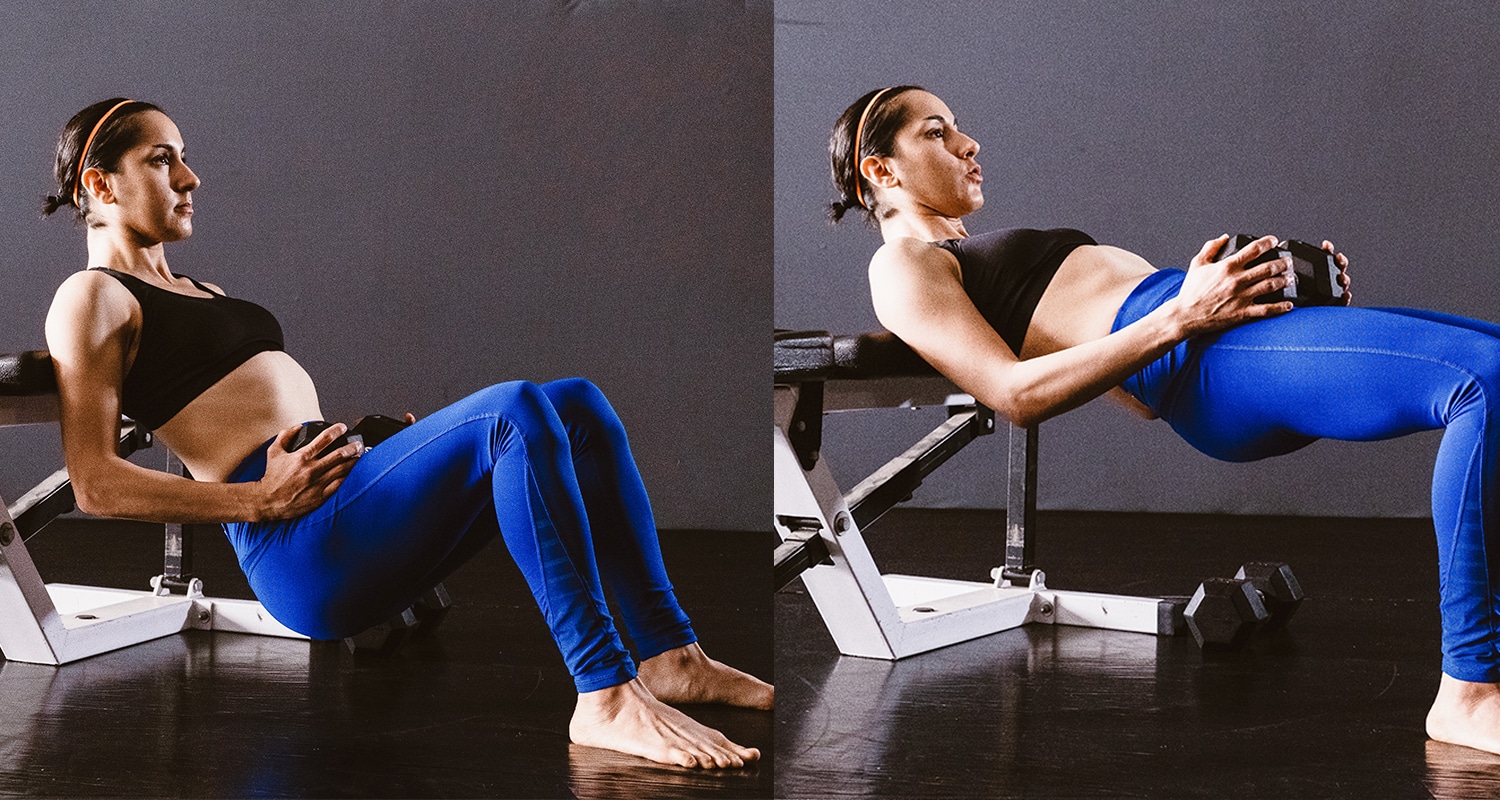
- Position yourself on the floor against a low bench with your shoulder blades just above the edge of the bench pad and feet under your knees. Hold a dumbbell across your upper thighs. You can place a towel under the weight to relieve the pressure. Keep your chin slightly tucked.
- Start with your hips barely above the ground. Then exhale as you drive your heels into the ground and lift your hips as high as possible.
- Inhale as you slowly lower your hips back to the starting position, keeping a neutral pelvis.
- Perform 8 to 12 reps, stopping when you can no longer complete another rep in good form.
Make it harder: Hold the top of each rep for 5 seconds.
Dumbbell overhead press
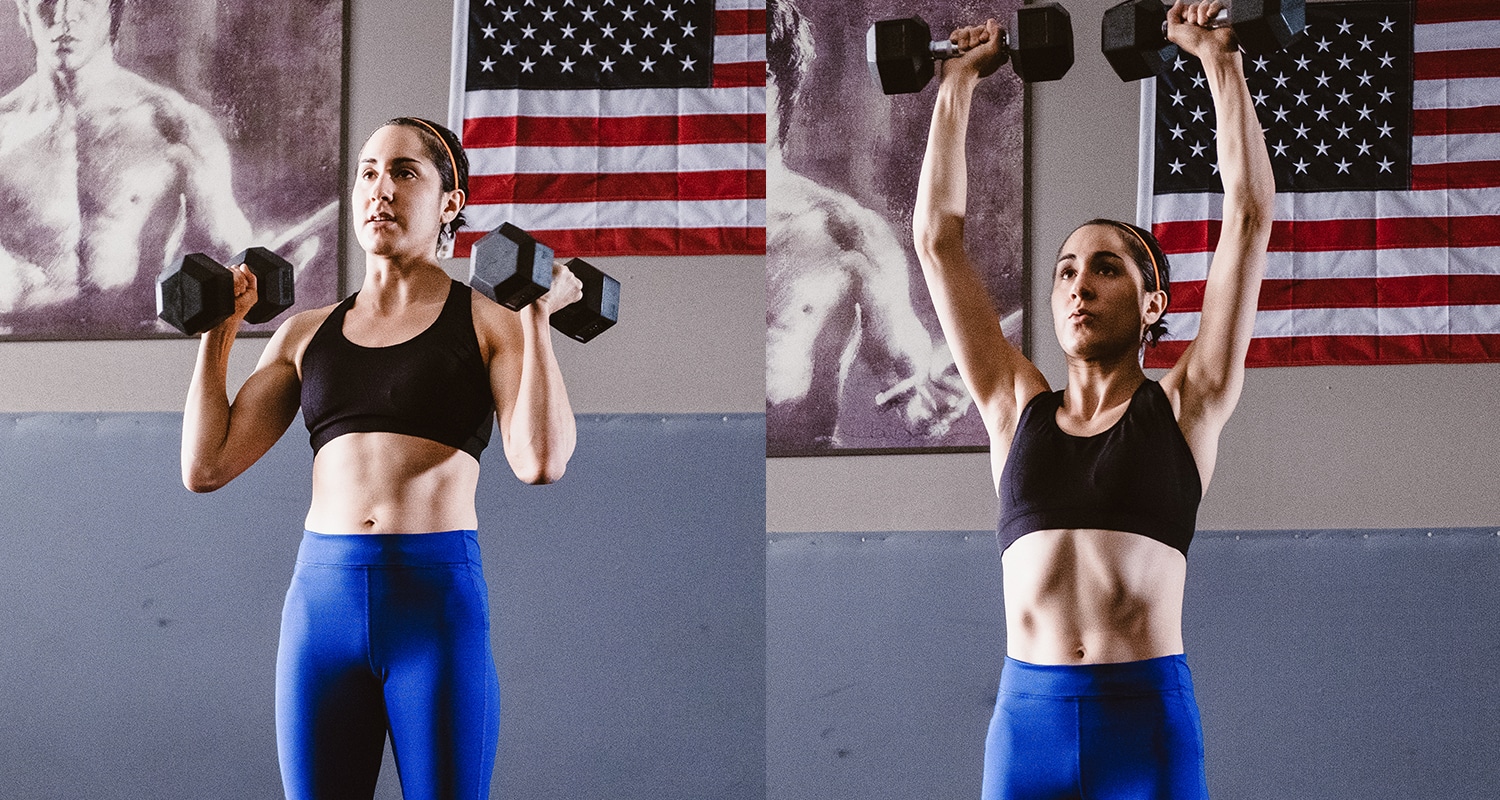
- Hold two dumbbells at shoulder height with palms facing inward.
- Exhale as you press the weights overhead, avoiding arching your back.
- Inhale as you slowly lower the weights to the starting position.
- Perform 8 to 12 reps, stopping when you can no longer complete another rep in good form.
Dumbbell lunge
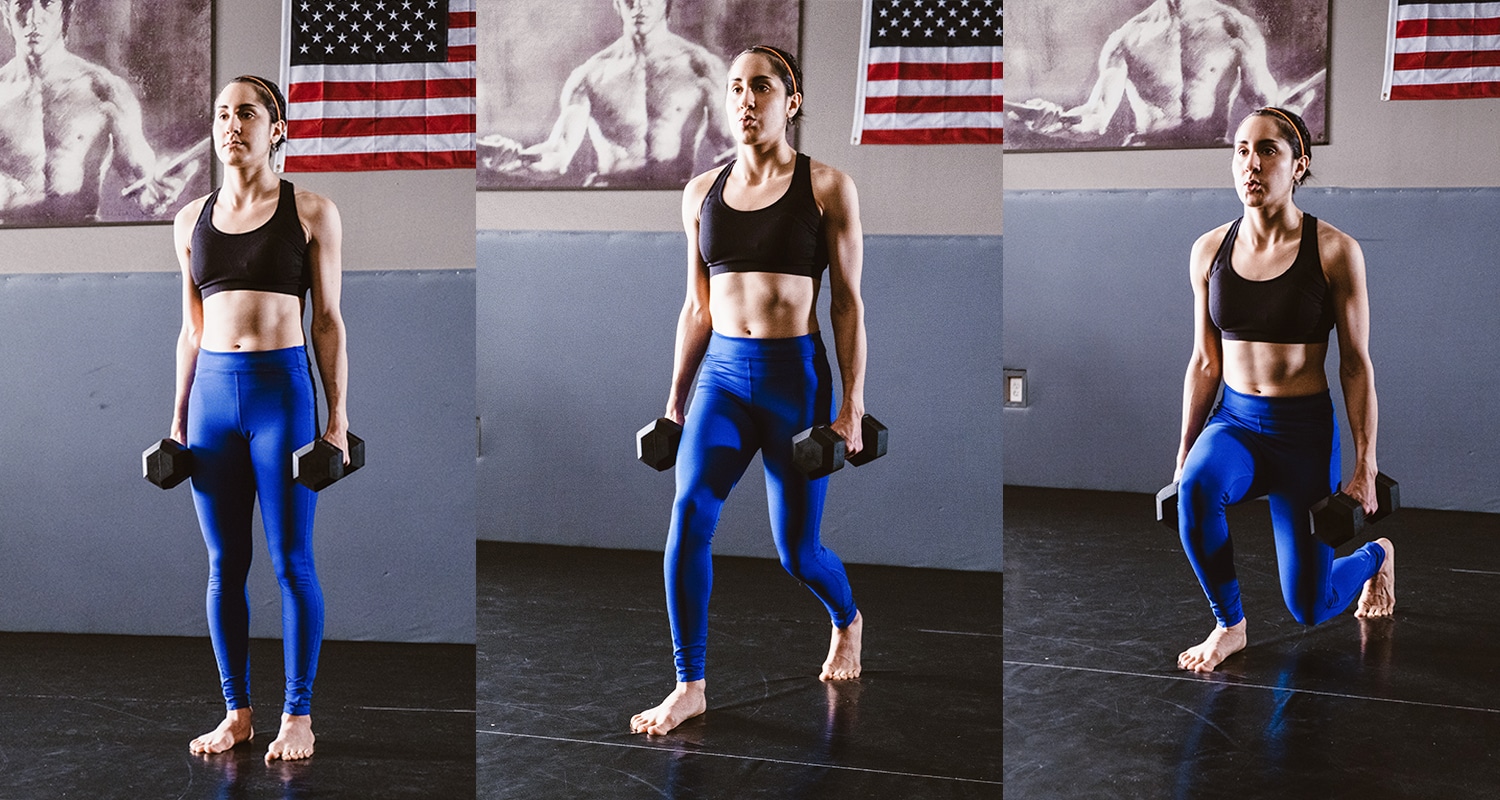
- Stand holding a dumbbell in each hand, with arms at your sides.
- Inhale as you step your right leg forward and bend your knee to lower your body toward the ground. Keep your torso upright and aim to keep your front shin vertical.
- Exhale and push off with your right heel to reverse the movement and return to standing.
- Perform 8 to 12 reps, stopping when you can no longer complete another rep in good form. Then switch sides.
Dumbbell chest press

- Lie on a bench with a dumbbell in each hand. Bring the dumbbells to the sides of your chest and hold them with palms facing outward. Your upper arm and forearm should create a 90-degree angle.
- Exhale as you press the dumbbells away from your body, straightening your arms. Pause briefly.
- Inhale as you slowly lower the weights back to the starting position.
- Perform 8 to 12 reps, stopping when you can no longer complete another rep in good form.
Dumbbell bent-over row
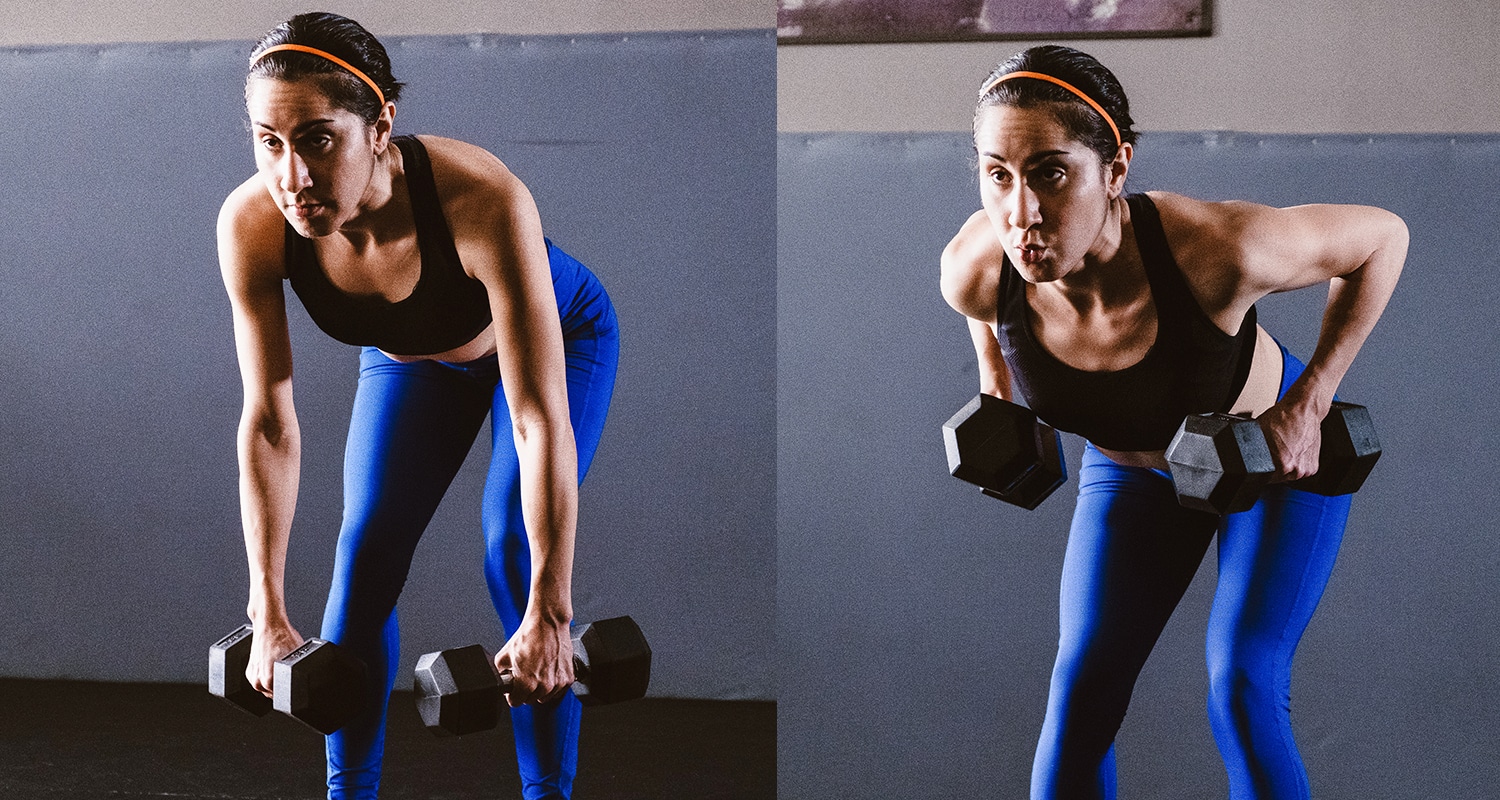
- Stand with feet at shoulder width and hold a dumbbell in each hand, with palms facing inward. Hinge at your hips and bend your knees slightly until your back is parallel to the floor.
- Exhale as you pull the weights up toward the sides of your body, keeping elbows at your sides. Squeeze your shoulder blades together at the top of the movement.
- Inhale as you slowly lower the weights to the starting position.
- Perform 8 to 12 reps, stopping when you can no longer complete another rep in good form.
Cool-down
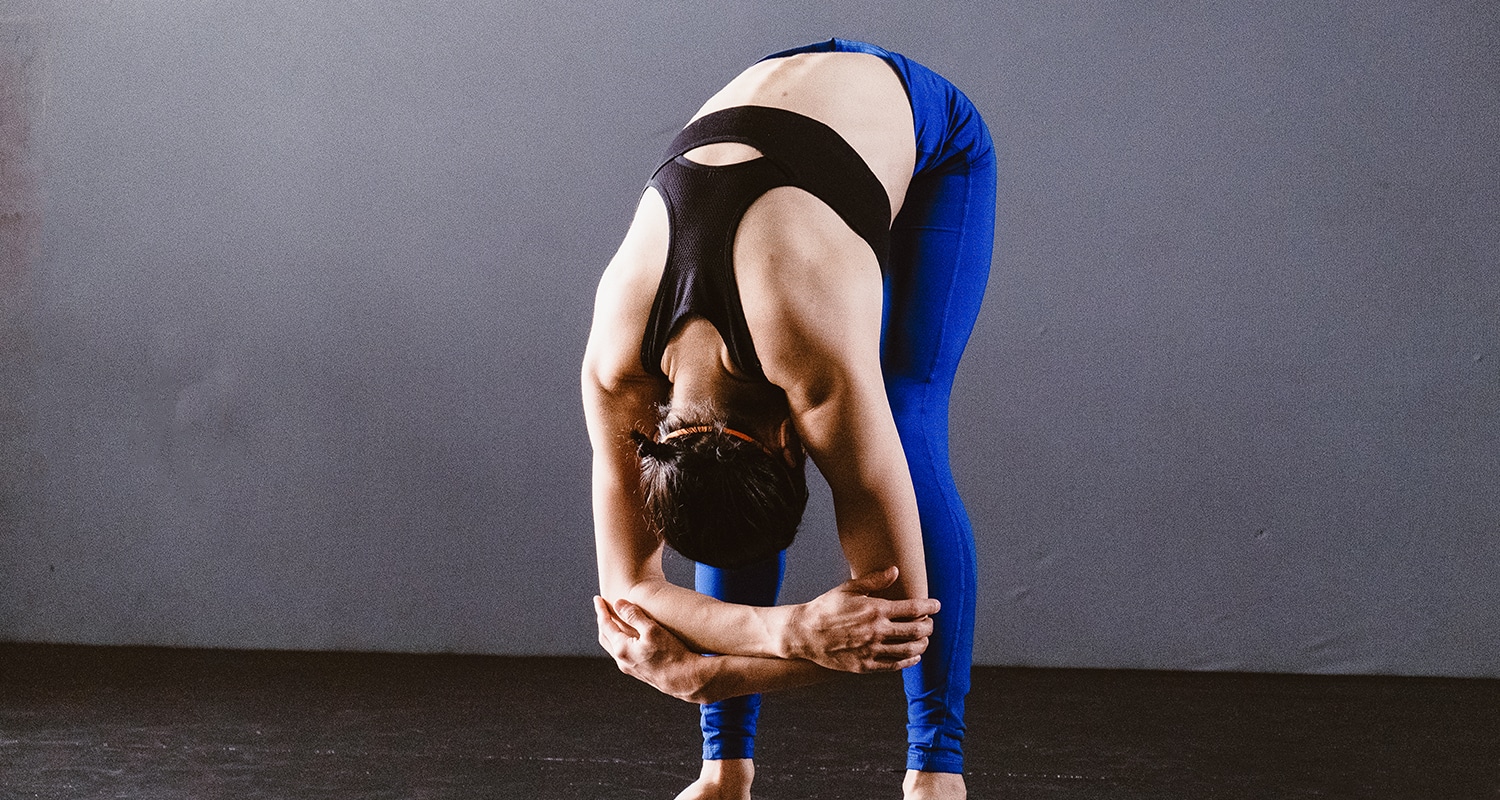
After completing your full-body dumbbell workout, walk around to allow your heart rate to recover.
Precautions and disclaimers
- It’s important to consider that the study this workout is based on involved fit, young men who had experience with strength training. Read does not recommend this full-body dumbbell workout for novice lifters, as there is more value in training movement patterns with more repetitions.
- This workout is not appropriate for anyone who is chronically fatigued or stressed.
- Dumbbells may limit you from fatiguing the muscles targeted in an exercise or make the exercise too difficult to perform, Read says. For example, if you continue to load a goblet squat, you’ll experience failure at your wrists before your legs fatigue. And it might not be possible to lift a heavy-enough dumbbell onto your hips to get the response needed in the dumbbell hip thrust. Given this difference, at some point you may need to graduate to barbell versions of these moves, Read says.
- “You can’t expect the same results of the study because we’re changing the movements and adding in a lot of variables, but you can see how your body responds by mirroring the study as closely as possible with the equipment that you have,” Read says.
- To get similar results, “You need to make sure you’re working to momentary failure on each movement of a full-body workout that includes a variety of movement patterns,” adds Read.
Read Next: The Best Pre- and Post- Workout Meals to Build Muscle Faster

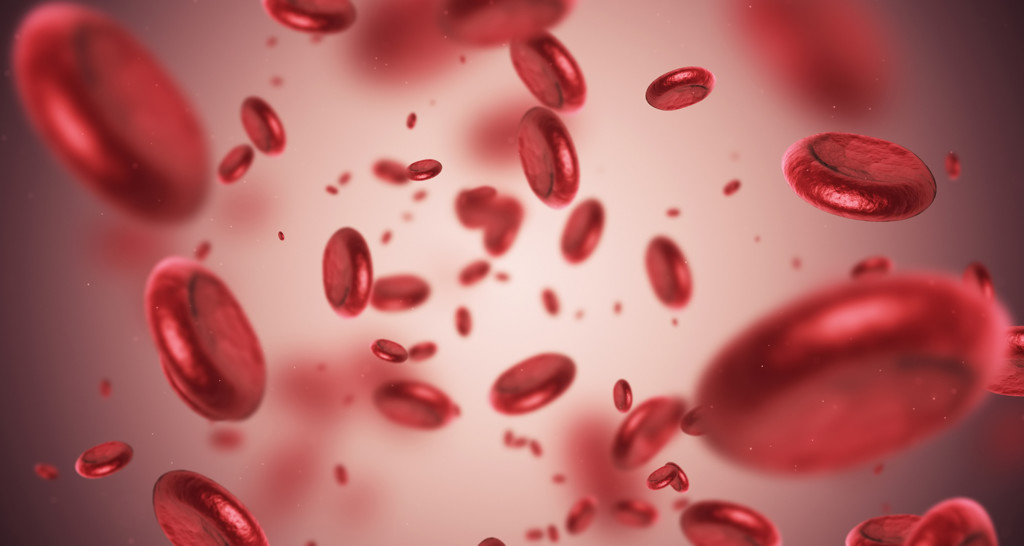
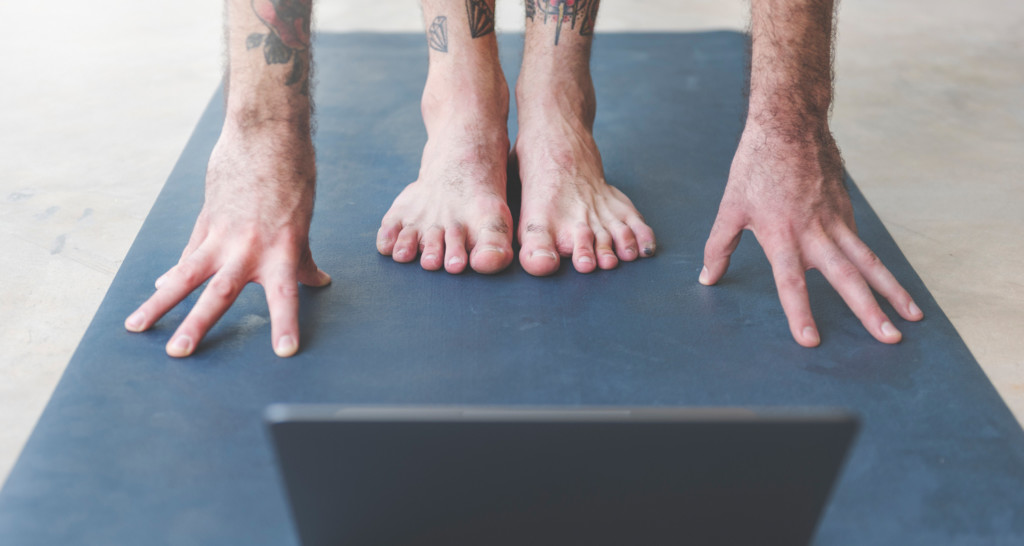
 For one, magnesium might promote better sleep by reducing stress. Research suggests that supplementing with magnesium has the potential to alleviate mild anxiety.[ref url=”https://www.ncbi.nlm.nih.gov/pmc/articles/PMC5452159/”] A number of biological processes may underlie this mollifying effect. A 2016 study suggests that magnesium lessens stress by keeping the sympathetic nervous system (aka your fight-or-flight stress response) in check, and activating the parasympathetic nervous system, which has a calming effect.[ref url=”https://link.springer.com/article/10.1007%2Fs15006-016-9054-7″]Other evidence indicates magnesium may calm your pre-bedtime racing mind, by regulating your brain’s
For one, magnesium might promote better sleep by reducing stress. Research suggests that supplementing with magnesium has the potential to alleviate mild anxiety.[ref url=”https://www.ncbi.nlm.nih.gov/pmc/articles/PMC5452159/”] A number of biological processes may underlie this mollifying effect. A 2016 study suggests that magnesium lessens stress by keeping the sympathetic nervous system (aka your fight-or-flight stress response) in check, and activating the parasympathetic nervous system, which has a calming effect.[ref url=”https://link.springer.com/article/10.1007%2Fs15006-016-9054-7″]Other evidence indicates magnesium may calm your pre-bedtime racing mind, by regulating your brain’s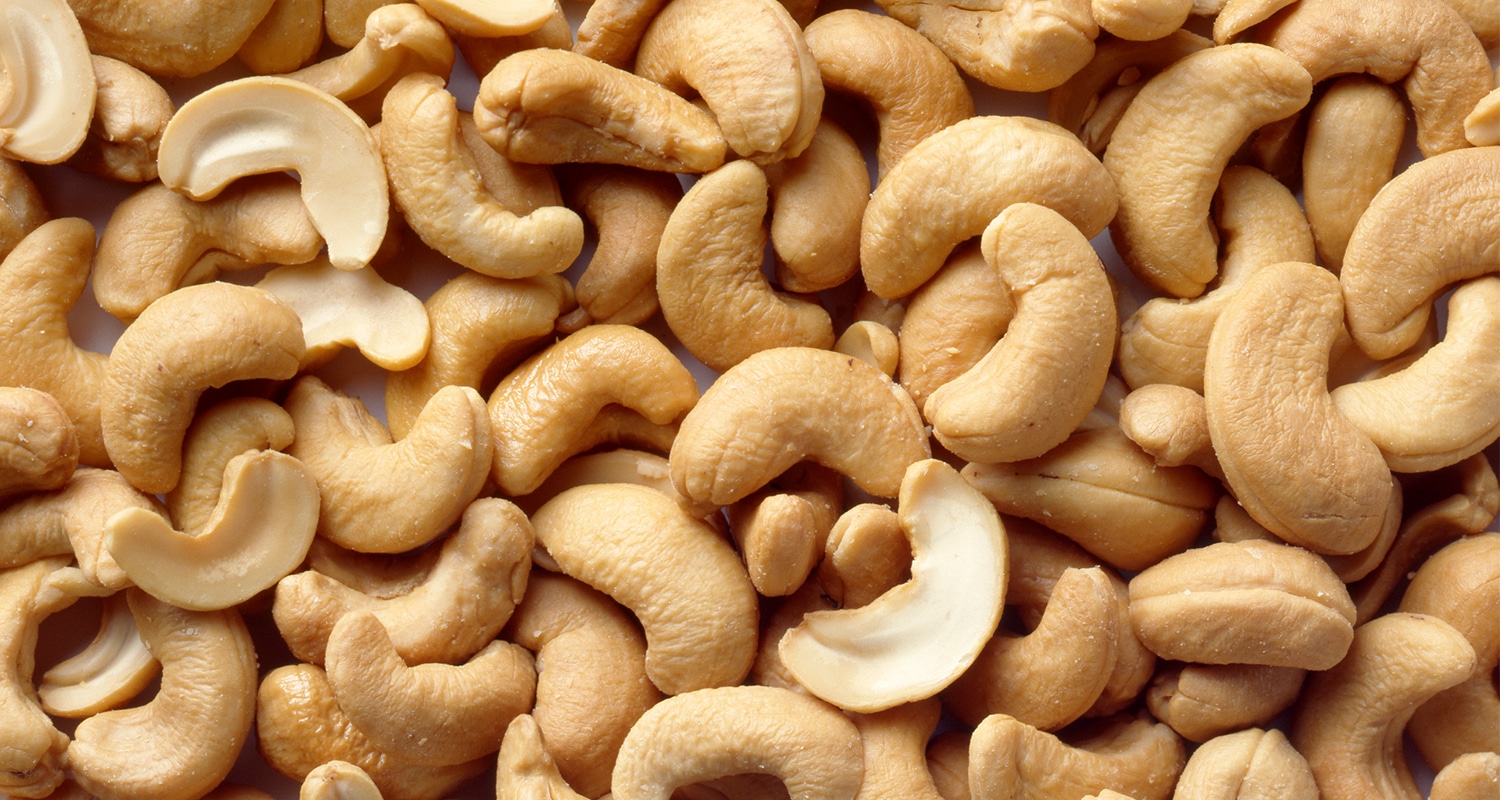 Magnesium is readily available in a variety of foods. Almonds and cashews are some of the most magnesium-dense foods around. Another good option: leafy greens, like spinach, which contain about 20 percent of your recommended intake per a half-cup (just be sure to cook them first to reduce oxalate levels). Avocados contain about 44 milligrams of magnesium per cup, while salmon, white rice, and carrots also contain a moderate amount of magnesium.[ref url=”https://ods.od.nih.gov/factsheets/Magnesium-HealthProfessional/”]
Magnesium is readily available in a variety of foods. Almonds and cashews are some of the most magnesium-dense foods around. Another good option: leafy greens, like spinach, which contain about 20 percent of your recommended intake per a half-cup (just be sure to cook them first to reduce oxalate levels). Avocados contain about 44 milligrams of magnesium per cup, while salmon, white rice, and carrots also contain a moderate amount of magnesium.[ref url=”https://ods.od.nih.gov/factsheets/Magnesium-HealthProfessional/”]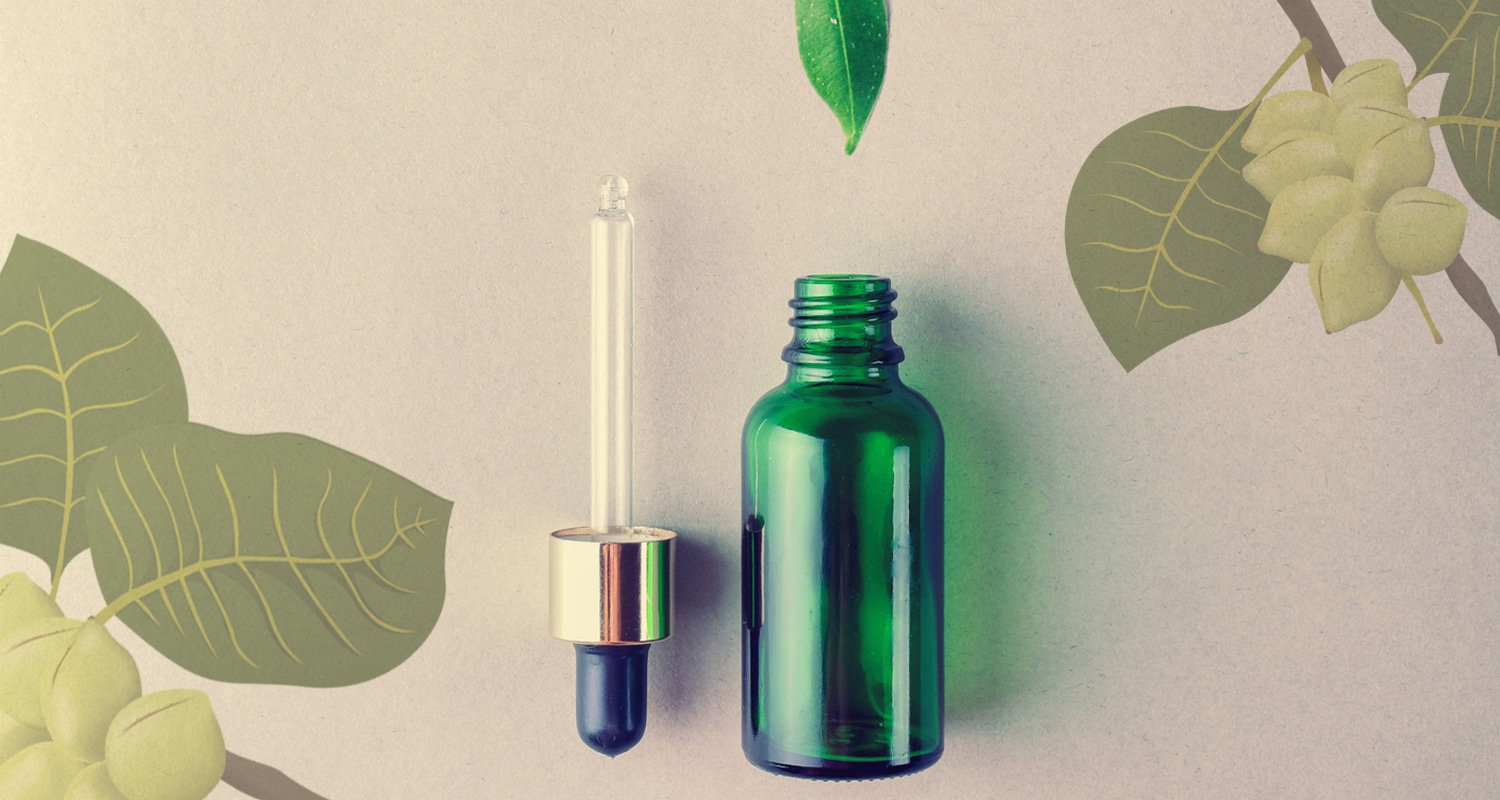 Kakadu plums are a small light green fruit native to Australia, that’s also called the billygoat plum, bush plum, or salty plum. Indigenous people once used the sap and pits of kakadu plums to treat colds, the flu, and skin conditions.[ref url=”https://www.agrifutures.com.au/wp-content/uploads/publications/14-115.pdf”] These days, you’re most likely to see this Aussie import as an ingredient in skin care products — particularly in vitamin C serums — or in powder form, which can be used in smoothies, soups, and sauces.
Kakadu plums are a small light green fruit native to Australia, that’s also called the billygoat plum, bush plum, or salty plum. Indigenous people once used the sap and pits of kakadu plums to treat colds, the flu, and skin conditions.[ref url=”https://www.agrifutures.com.au/wp-content/uploads/publications/14-115.pdf”] These days, you’re most likely to see this Aussie import as an ingredient in skin care products — particularly in vitamin C serums — or in powder form, which can be used in smoothies, soups, and sauces.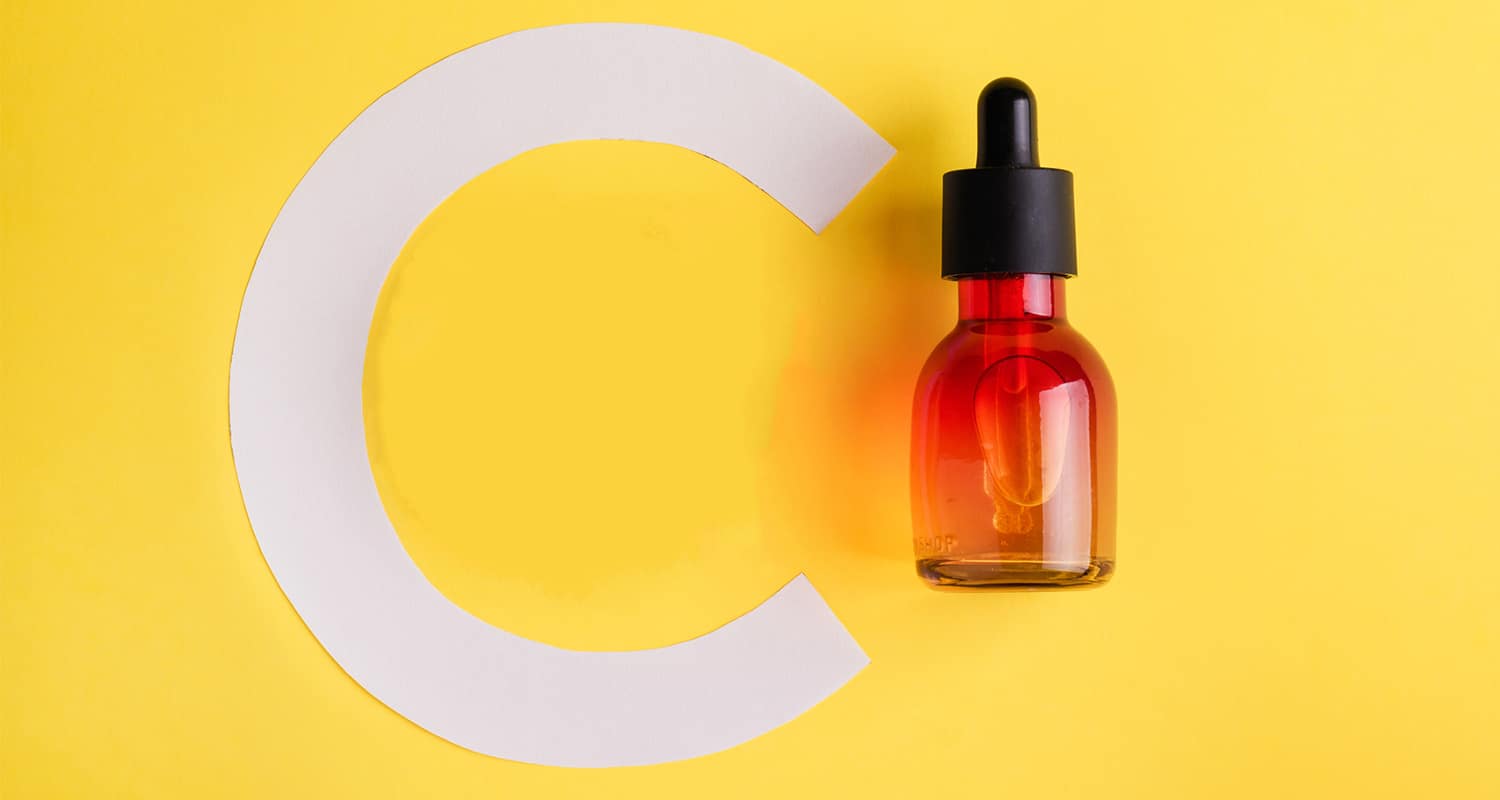 Vitamin C: Kakadu plums derive most of their benefits from their sky-high concentration of vitamin C, which has all sorts of health benefits. “From immunity, bruise prevention, and the growth, development, and repair of tissues to enhancing iron absorption and adrenal support, vitamin C plays a dominant role in a number of bodily functions,” says Kelly Schmidt, RD, author of
Vitamin C: Kakadu plums derive most of their benefits from their sky-high concentration of vitamin C, which has all sorts of health benefits. “From immunity, bruise prevention, and the growth, development, and repair of tissues to enhancing iron absorption and adrenal support, vitamin C plays a dominant role in a number of bodily functions,” says Kelly Schmidt, RD, author of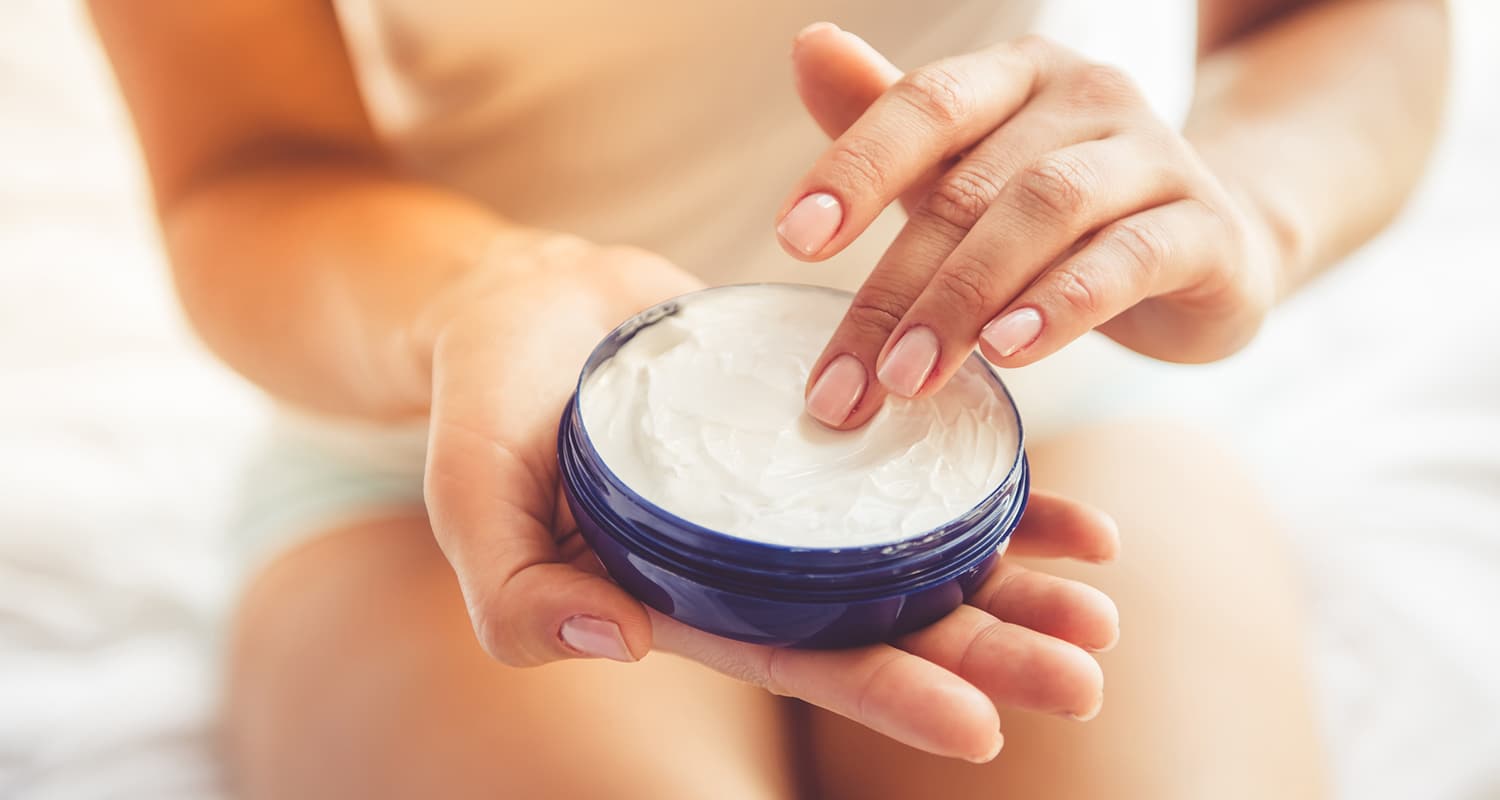 In addition to potentially working wonders within our bodies internally, kakadu plums can unlock healthier, younger-looking skin when applied topically. Again, the kakadu plum’s vitamin C concentration is a key player in its benefits. “Vitamin C is a potent antioxidant,” says
In addition to potentially working wonders within our bodies internally, kakadu plums can unlock healthier, younger-looking skin when applied topically. Again, the kakadu plum’s vitamin C concentration is a key player in its benefits. “Vitamin C is a potent antioxidant,” says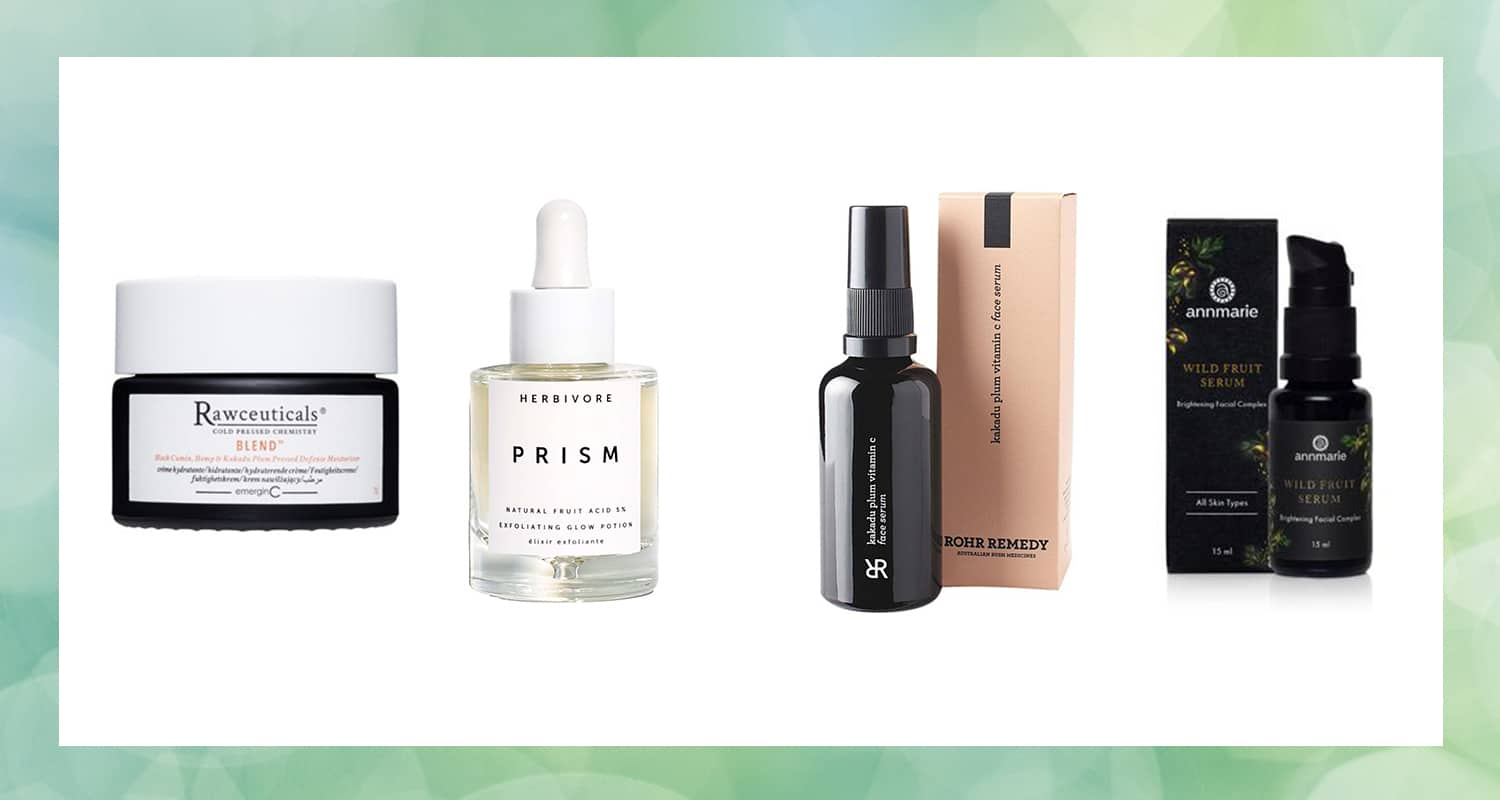 You’ll find kakadu plums in a variety of oil-based lotions, creams, and serums. Because kakadu-containing products tend to be moisturizing, use kakadu plum morning and night after you cleanse your face, Piliang says. However, vitamin C can be irritating for some people, so if you have sensitive skin, use it just once a day to start.
You’ll find kakadu plums in a variety of oil-based lotions, creams, and serums. Because kakadu-containing products tend to be moisturizing, use kakadu plum morning and night after you cleanse your face, Piliang says. However, vitamin C can be irritating for some people, so if you have sensitive skin, use it just once a day to start.